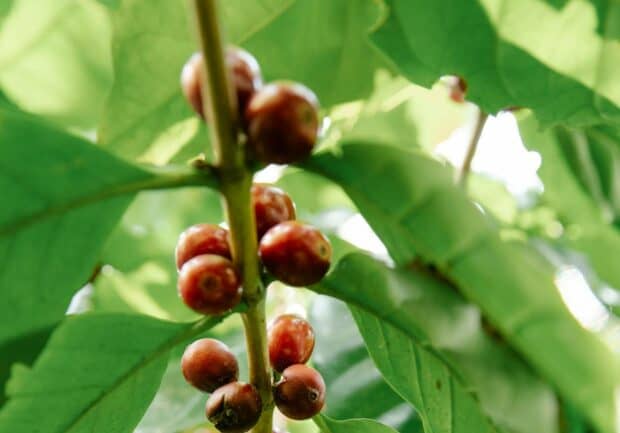A new systematic review of 34 previous studies on the environmental impact of green coffee production from seed to cup calls for more consistent methodologies, more detailed reporting and increased transparency among researchers.
The study, which was commissioned by the Institute for Scientific Information on Coffee (ISIC) and recently published online in the Elsevier ScienceDirect journal, specifically examined studies involving Life Cycle Assessments (LCAs) that encompassed 234 different coffee systems.
The LSAs reviewed each had different boundaries within the seed to cup chain, although the most heavily represented stages were in green coffee production and coffee brewing.
[Note: The ISIC is 24-year-old a nonprofit who’s membership currently includes six of the largest coffee companies in Europe, including Nestlé, Illy, Paulig, Tchibo, JDE Peet’s and Lavazza. The group maintains that it supports independent scientific research, regardless of the results.]
The research team at the French Agricultural Research Centre for International Development (CIRAD) discovered widespread inconsistencies in accounting, reporting and modeling at nearly all stages of existing LCAs, from land use in green coffee production to coffee brewing.
From the study authors: “Supply chain from plantation up to the consumption stage as explored in the reviewed literature, with corresponding numbers of studies according to the system boundaries.” Image share via Creative Commons CC-BY license. See the original image here.
“Life-cycle-based assessments are complex and based on numerous simplifications and choices,” Cécile Chéron-Bessou, CIRAD’s lead researcher on the review said in a description of the report. “A key principle for these assessments is therefore absolute transparency around the exact choices and assumptions made as part of modeling. We hope our review will serve as a robust tool for transparent and sound measurement of green coffee’s carbon footprint — helping farmers and researchers to support good practices for sustainable coffee growing.”
Notably, only four of the 34 studies included in the literature review focused on the environmental impacts of robusta coffee. All the rest were concerned with arabica, despite the roughly equal global share of the two coffee species in the global market.
In conjunction with the scientific publication, CIRAD launched what it described as a kind of “roadmap” for designing more robust, comprehensive and standardized LSAs for coffee, particularly regarding green coffee production.
Financial support for the Elsevier study was additionally provided by the European Commission. The study is available through open-access here.
Comments? Questions? News to share? Contact DCN’s editors here.
Related Posts
Nick Brown Nick Brown is the editor of Daily Coffee News by Roast Magazine.


